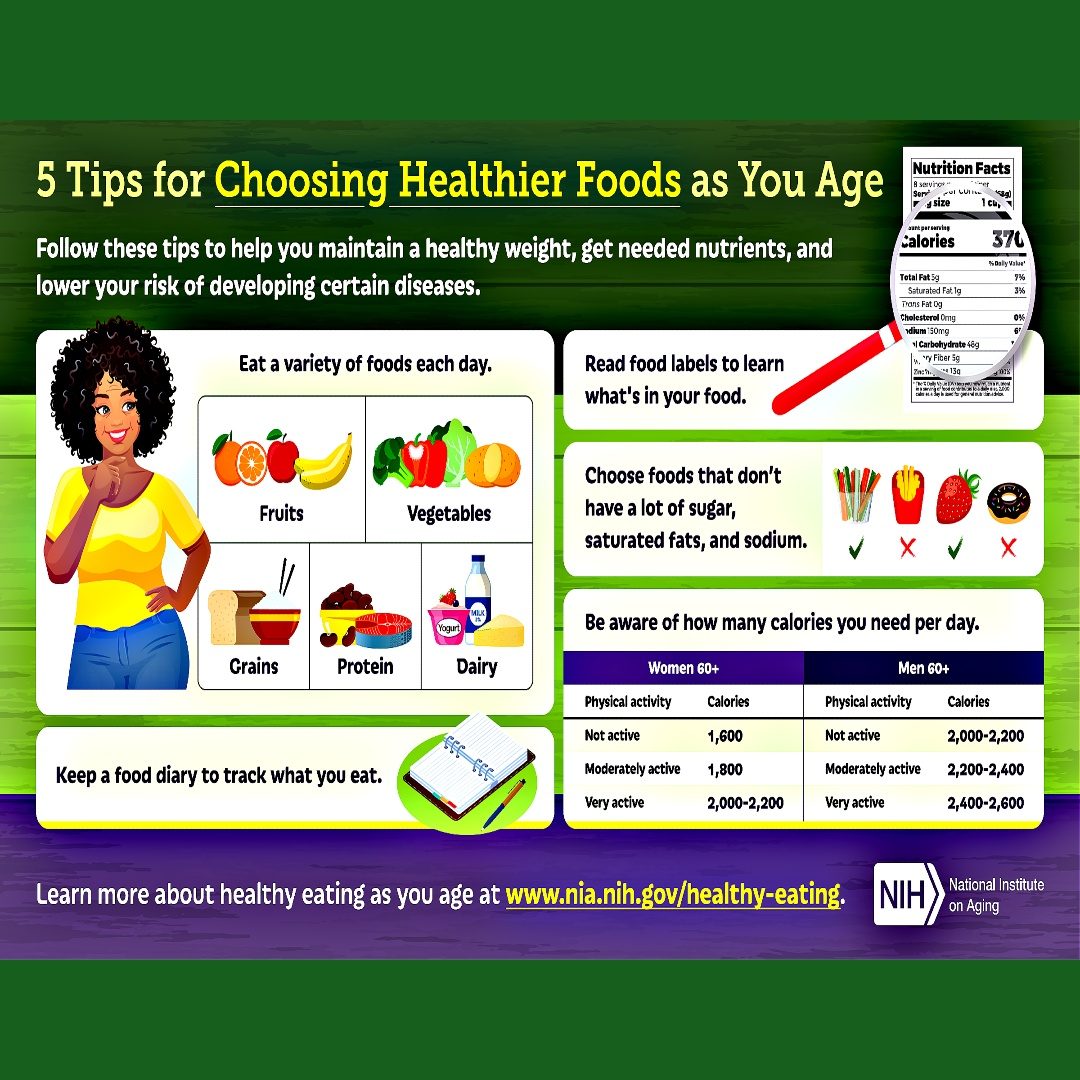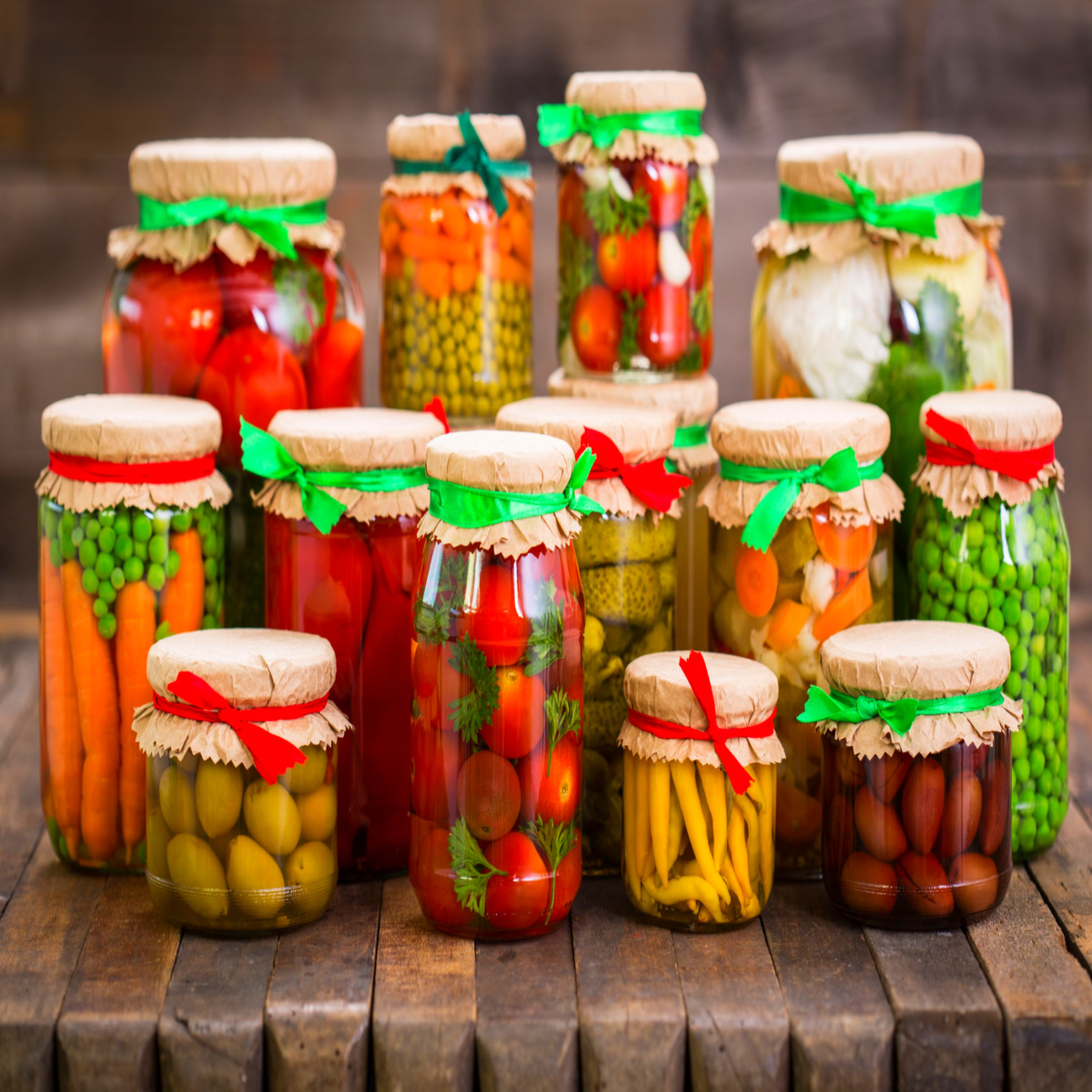Food Insecurity
America’s hidden pandemic
Food insecurity is caused by our community’s
unwillingness to talk about the Unmentionables.
Food Insecurity
America’s hidden pandemic
Food insecurity is caused by our community’s
unwillingness to talk about the Unmentionables.
5.2M
senior adults experienced hunger in the past year
33%
report inflation has cut their food budget
$130B
national healthcare expense due to senior adult hunger
Eat Nutrient Dense Food
Nutrient-dense foods are crucial for seniors to optimize health and well-being, as they provide essential nutrients while being low in calories, supporting various aspects of aging.
Hydration is Key
Adequate hydration is essential for senior health, as it supports cognitive function, kidney health, and prevents complications while mitigating the risks of dehydration, which can escalate rapidly in the elderly.
Include Omega-3 Patty-Acids
Omega-3 fatty acids, found in fatty fish, flaxseeds, and walnuts, offer numerous benefits for seniors, including improved cognitive function, heart health, and overall well-being.
Mindful Meal Planning
Mindful meal planning is essential for seniors to ensure they receive a variety of nutrients, address dietary challenges, and maintain overall well-being.
Manage Portion Sizes
Managing portion sizes is crucial for seniors to maintain a healthy weight, prevent overconsumption, and support overall well-being.
Use Simple Cooking Techniques
Encouraging seniors to embrace simple cooking techniques promotes the consumption of fresh, homemade, and nutrient-dense foods while making meal preparation more manageable.
Ensure Adequate Protein Intake
Adequate protein intake is crucial for seniors to maintain muscle mass, strength, and overall health, supporting mobility and independence.
Eat Memory Boosting Foods
Incorporating memory-boosting foods like berries, fatty fish, dark leafy greens, nuts, and seeds can support brain health and cognitive function in seniors.
Cultural Preferences Are Important
Considering cultural preferences in dietary recommendations for seniors fosters dietary adherence and promotes a positive relationship with food.
Work with Your Caregiver
Collaborating with caregivers is essential for providing holistic and effective nutritional support to seniors, ensuring tailored recommendations and a supportive environment.




